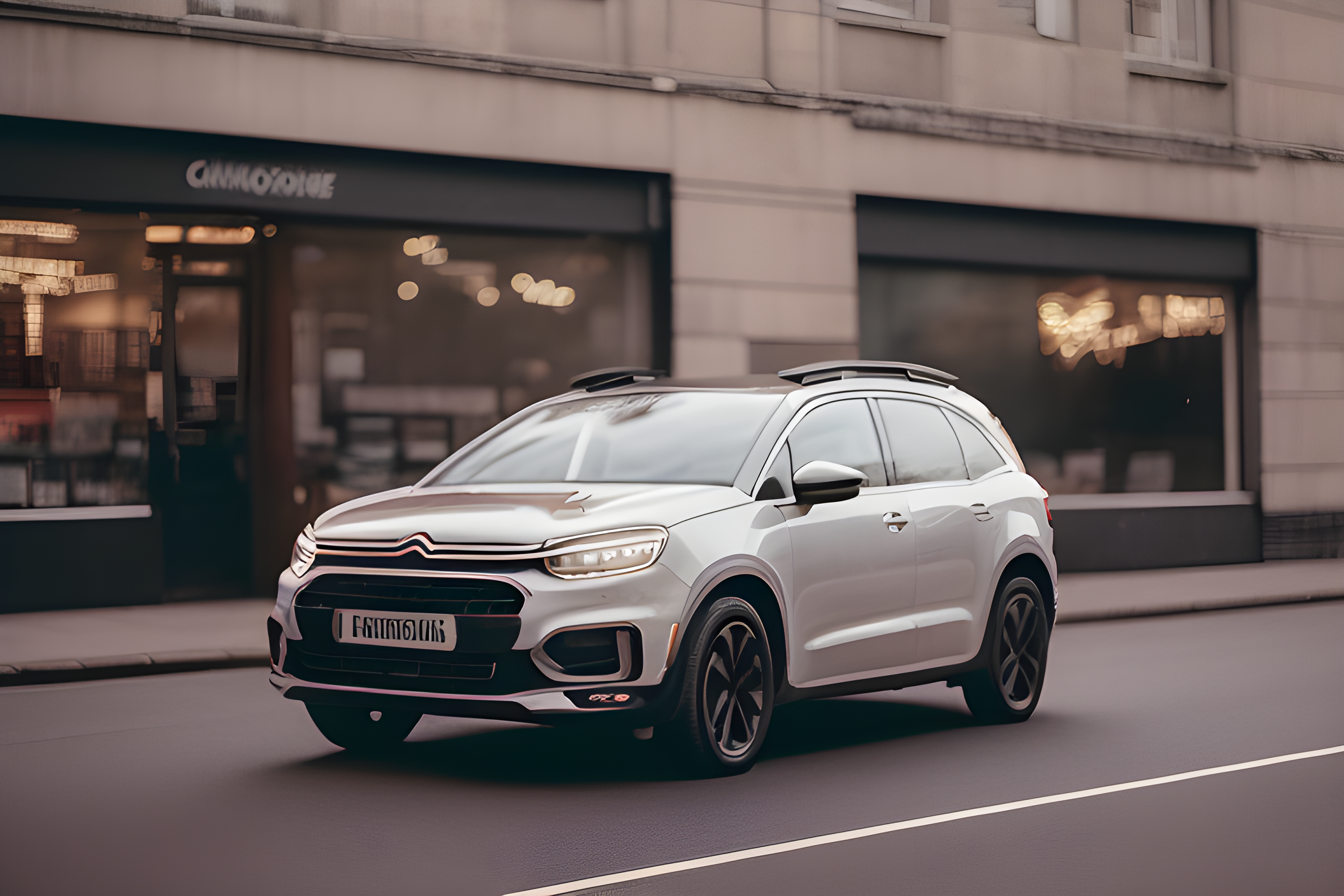As a car owner, it’s important to have a good understanding of your vehicle to ensure that it stays in good health and performs optimally. However, many car owners have questions about their vehicles and finding straightforward answers can be challenging. In this guide, we’ll answer 10 frequently asked questions about cars to help you better understand your vehicle.
Question 1: How often should I get my oil changed? You should get your oil changed every 3,000 to 5,000 miles, depending on your car model and driving conditions. Regular oil changes are essential for maintaining engine health and performance.
Question 2: How often should I rotate my tires? Tire rotation should be done every 5,000 to 7,500 miles, depending on your car model and tire type. Regular tire rotation promotes even wear and extends the lifespan of your tires.
Question 3: What is the recommended maintenance schedule for my car? The recommended maintenance schedule varies depending on your car model and manufacturer. Consult your owner’s manual or the manufacturer’s website for guidance on the recommended maintenance schedule for your specific car.
Question 4: How often should I get my car serviced? Your car should be serviced every 12 months or every 12,000 miles, whichever comes first. Regular car servicing is essential for maintaining car health and performance.
Question 5: What kind of oil should I use for my car? The type and viscosity of oil you should use varies depending on your car model and manufacturer. Consult your owner’s manual or the manufacturer’s website for guidance on the correct type of oil for your car.
Question 6: What should I do if my check engine light comes on? If your check engine light comes on, it’s important to seek professional help to determine the cause of the issue. Continuing to drive with the check engine light on can cause further damage to your car.
Question 7: How can I tell if my brakes need to be replaced? You can tell if your brakes need to be replaced by checking for signs of brake pad wear, such as squeaking or grinding noises.
Question 8: How can I tell if my car needs a wheel alignment? Signs that your car needs a wheel alignment include uneven tire wear, the car pulling to one side, or a crooked steering wheel.
Question 9: What can I do to improve my car’s fuel efficiency? To improve your car’s fuel efficiency, prioritize regular maintenance tasks such as oil changes, tire rotations, and air filter replacements. Additionally, practice good driving habits such as avoiding aggressive driving and reducing unnecessary weight in the car.
Question 10: What should I do if my car overheats? If your car overheats, pull over safely and turn off the engine. Let the car cool down before checking coolant levels and seeking professional help if necessary.
By having answers to these frequently asked questions about cars, you can better understand your vehicle and prioritize regular maintenance and care to ensure that it stays in good health and performs optimally. Remember to consult your owner’s manual or seek professional help when necessary to keep your car in top condition.

